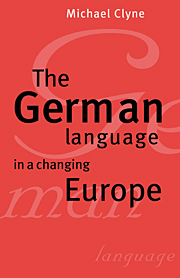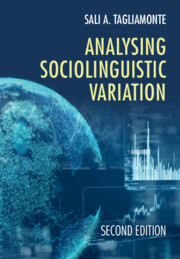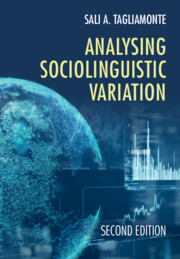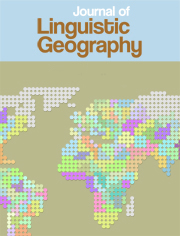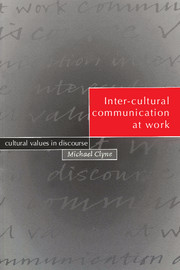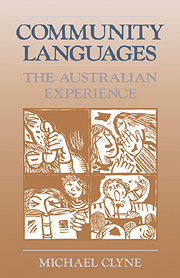The German Language in a Changing Europe
Recent sociopolitical events have profoundly changed the status and functions of German and influenced its usage. In this textbook Michael Clyne revises and expands his original analysis of the German language in Language and Society in the German-Speaking Countries (CUP, 1984) in the light of such changes as the end of the Cold War, German unification, increasing European integration, and the changing self-images of Austria, Switzerland and Luxembourg. His wide-ranging exploration shows that the German-speaking countries all have problems or dilemmas concerning nationhood or ethnicity that are language-related and/or language-marked.
- Revised and expanded to take account of recent sociopolitical events
- Accessible in approach
- Examines not just Germany but also the German-language countries
Reviews & endorsements
"With The German Language in a changing Europe, Michael Clyne has once again produced a most insightful, readable, and, above all, usseful text. ...Clyne's approach...gives the book as a whole its uniqueness and its broad appeal to students and scholars of German language and culture, and renders it a first-rate addition to teaching and research resources in German studies." American Journal of Germanic Linguistics & Literatures
Product details
February 2011Adobe eBook Reader
9780511885617
0 pages
0kg
2 maps 18 tables
This ISBN is for an eBook version which is distributed on our behalf by a third party.
Table of Contents
- 1. The status of German in contemporary Europe
- 2. German as a pluricentric language
- 3. German in divided and unified Germany
- 4. Language and regionalism in Germany and Austria
- 5. Communication patterns
- 6. Gender, generation and politics: variation and change in language and discourse
- 7. Communication norms and communication barriers
- 8. Recent Anglo-American influence.

